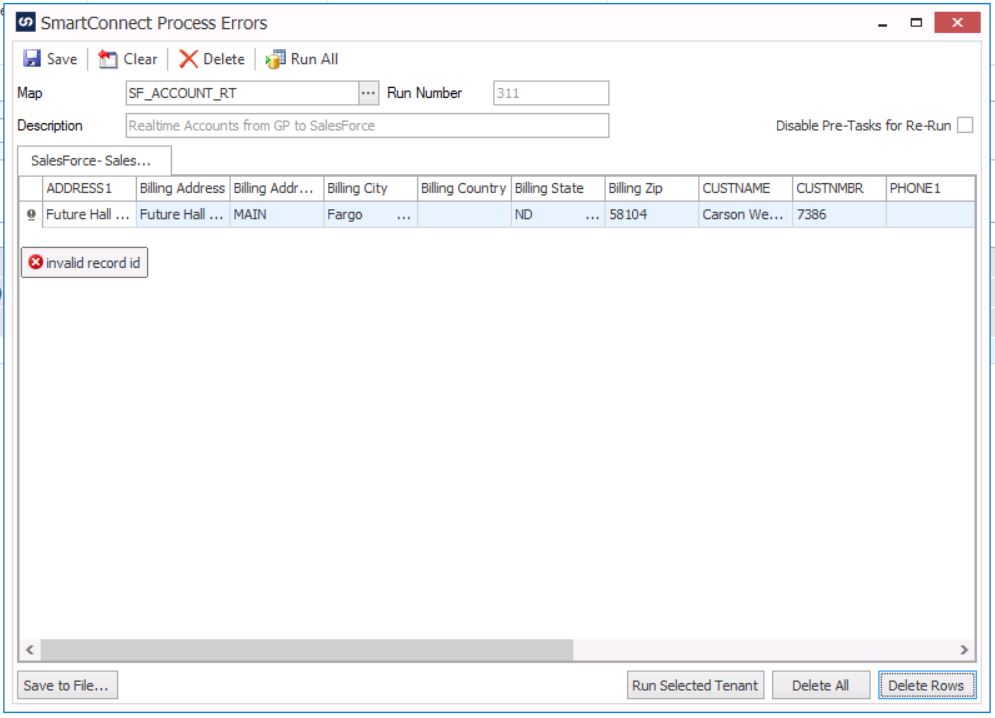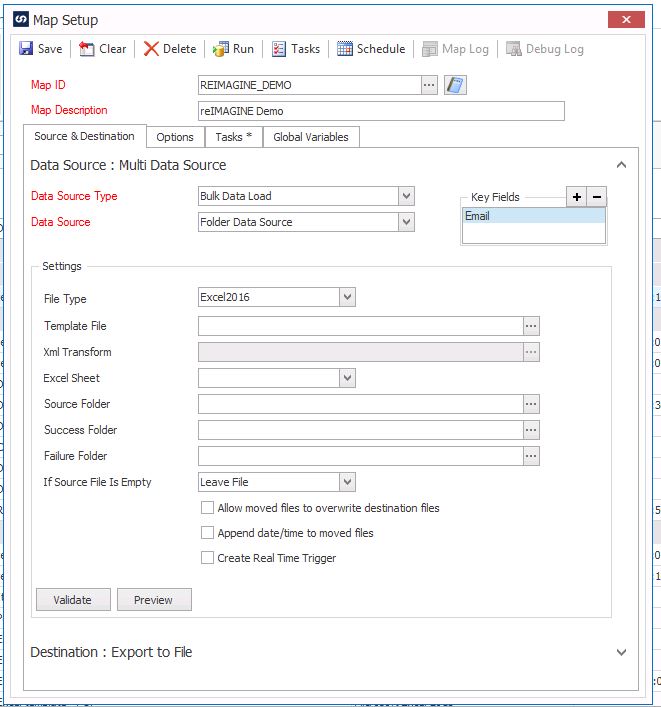One of the most common questions we receive is “Can SmartConnect integrate with ____ ?” You fill in the blank, and it ranges with everything from billing engines like Braintree to marketing solutions like Hubspot to SQL-based systems as well as eCommmerce. There is certainly a lot of variety out there.
To help clarify how SmartConnect can help with your integration scenario, we’d like to share a few considerations. As you may know, SmartConnect offers connections that are specific to certain applications like Dynamics 365, Dynamics NAV, Dynamics GP, Salesforce.com, and SmartConnect offers more generic connections, which allows for handling a lot of different scenarios. If you aren’t seeing one of your integration points listed on our website, here are a few questions you’ll want to ask:
Does your integration point (system) have an API?
If you’re new to this concept, API stands for Application Programming Interface and includes a set of routines, protocols, and tools that specify how to interact with the software components. The two types API’s that are most common are REST (this is the direction most API’s are moving) and SOAP. SmartConect supports connecting to both REST and SOAP API’s using the web services connector. This allows you to set up your connection to that API, and then you have the same no-code experience of creating and managing your integrations as you would with one of our default application-specific connectors. With SmartConnect, you would then be able to connect to your integration point (system) via the API using it either as a source or as a destination.
Overall, the beauty of integrating via an API is that you can not only leverage data but you’re able to take advantage of the business logic. So, for example, there might be things that are required to do when entering some data manually within the application. If the API for that application has been developed well, some of those same requirements would also be needed when an automated process is creating the same data via the API. Also, if something fails for your integration, SmartConnect has an interface that allows you to look at which transaction/document lines failed, the error message received from the API, fix the lines that failed and re-process them.

Is your integration point (system) SQL-based?
SmartConnect allows you to integrate with SQL-based systems and you have the ability to leverage real-time triggers, use the SmartConnect scheduling service and run your integration on changes-only, or you can run your integration on bulk.
Does your integration point (system) have an OCBC or OLEDB driver?
SmartConnect offers the ability to connect via ODBC and OLEDB, which allows you to access files in a number of different databases like Access, MySQL, Excel, or legacy systems.
Does your integration point (system) produce a file?
We were working with a client the other day who had an eCommerce solution and at the end of the day, that system produced a text file. With SmartConnect, we used the folder data source, which allows us to automate the integration so that when the file was moved to a specific folder, that was the real-time trigger for the integration to run and create/update data in Microsoft Dynamics CRM. SmartConnect can work with a lot of different file types: Txt file, XML, Excel – to name a few. Files can be used as a source or as a destination in SmartConnect.

These options allow for connecting to a lot of different systems and handling many types of scenarios. To learn more about these integration options, go here, give us a call at +1 888 – 319 – 3663, chat with us on our website or email us at sales@eonesolutions.com.


